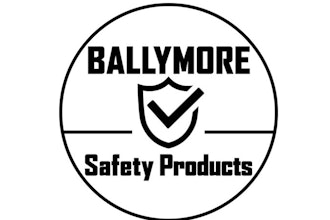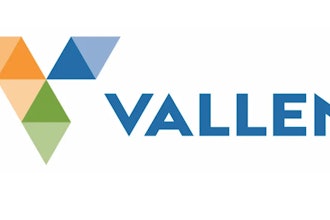Provided below are three easy questions that you can ask yourself when deciding if a decision is ethical.
Business ethics is a tricky area because the point of business, to produce a profit, often conflicts with what might be termed ethical. Ethicists rarely have a strong grasp of business or life outside of idealized environments. Managers and executives rarely have enough spare time to sit down and read Aristotle, Nietzsche, or Thomas Aquinas.
Provided below are three easy questions that you can ask yourself when deciding if a decision is ethical. Everyone makes decisions; sometimes an unethical decision must be made. It’s a fact of life and no one can go around living like Socrates doing only what is ethical, moral, and just. What’s provided is not a set of standards to be achieved, but rather a method to weigh your decision to find out if it is worth it.
Would you accept the explanation from your kids?
It’s been said, “That’s the way the world works, if you want to compete this is what you have to do,” when trying to justify a decision that is unethical but increases competitive advantage. In reality, this is the adult equivalent of saying, “But all my friends are doing it.” So, is the decision you are about to make one in which you would want your child to make, or is the justification for your decision one that you would accept from your child when he or she has done something that goes against your instruction?
Also, remember as managers and executives you have a hand in making the world what it is. By working hard and progressing in your profession you have earned the ability to make choices for yourself and for others. No one can change the world, and you owe it to your shareholders and employees to earn a profit. But, you owe it to those people, yourself, and your family to act ethically. As a decision maker, you have to decide, and have the ability to decide, which is more important at any one time.
Will it make you happier?
Happiness is a tricky thing in that you don’t often know what makes you happy, except from experience. Some think money will make them happy only to find out that once they get it they’re not that much happier, if at all, than when first starting out. To make an ethical decision you must decide what will make you happy.
In following in the footsteps of Socrates; what makes us happy is what makes us better people. You become better and thus happier, when your higher desires – such as the desire for justice, moderation, and courage – guide base desires – such as hunger or sexual attraction. If your higher desires do not guide your base desires you will be led to gluttony and debauchery.
Everyone gets hungry, but you don’t need to eat yourself into a coma as though everyday is Thanksgiving. Moderation is a higher desire, which guides the base desire of hunger. No one can tell you what will make you happy, or when you are following your base desires instead of your higher desire, you must know thyself.
Do you exert power?
If you have to manipulate or coerce someone into going along with your plan, or to achieve your goal, you should rethink your plan. If you can present your argument in a persuasive manner without robbing others of their ability to decide for themselves then you have acted ethically.
The workplace is not a democracy most of the time, and subordinates must take directives from above. But, this is not coercion, or at least the type of coercion from which you should refrain. Telling your head accountant to fudge the numbers or she’ll be fired is different from telling the accountant to finish a project before he goes home or there will be consequences because he has already fallen behind.
One of the things that separate humans from other animals is the ability to reason. When you strip someone of their capacity to reason or act upon what they have reasoned to be the best choice, you have denied them their dignity and therefore acted unethically. Whether it is withholding information from stockholders or threatening punishment if your will is not followed, it’s denying someone or some group the capacity to reason for themselves.
It would be naïve to think that you can, or should, always act as ethicists would have you act. It would be unethical to let your business fail because you don’t want to do what is necessary to keep a business going. But, you should not act badly because it is easier than being good or because you are too motivated or self-interested to say no.
What’s provided above is a set of questions that you can ask yourself when making decisions in order to help you decide which path to follow. The intention is not to pass judgment or tell you how to act, but give you a set of guidelines so that you can make decisions fully aware of their implications, ethically and otherwise.
Dr. Kyle Scott is a lecturer at the University of Houston, with a Ph.D. in Political Science: American Political Theory and Public Law. He has authored two books and a forthcoming third, “Federalism: Theory and Practice,” will be available Spring 2011. Kyle has taught American Politics, Political Theory, and Public Law at Miami University and University of North Florida. For more information, contact him at: [email protected].






















